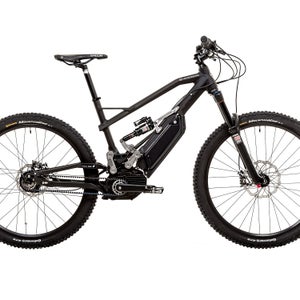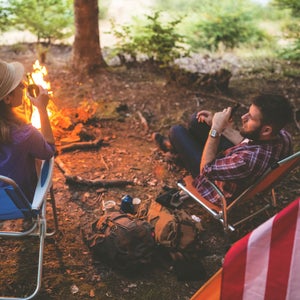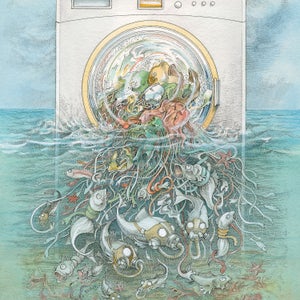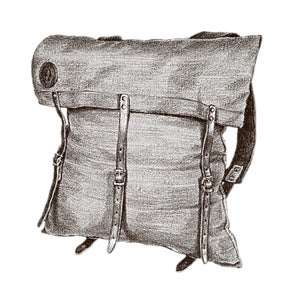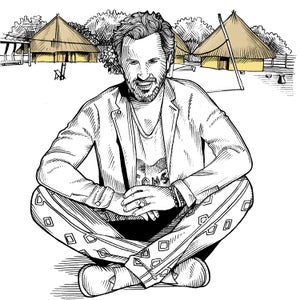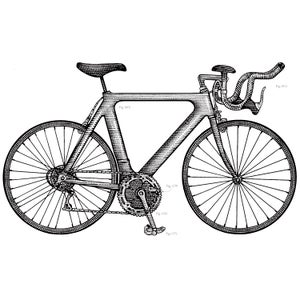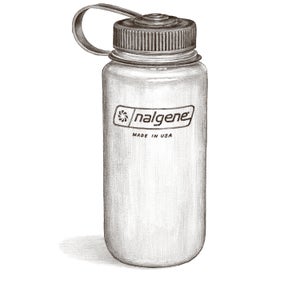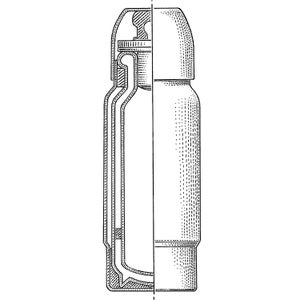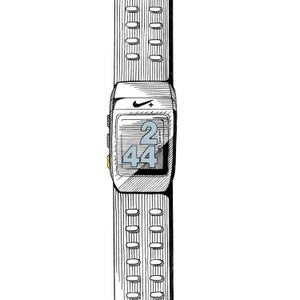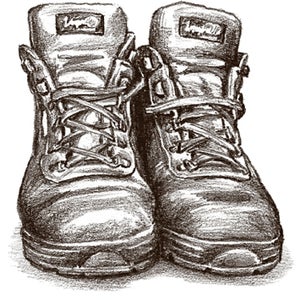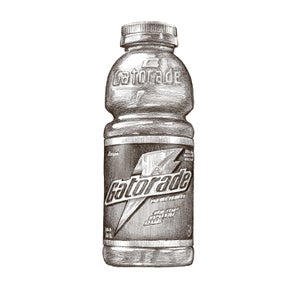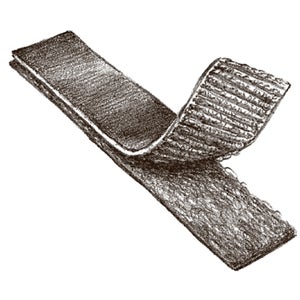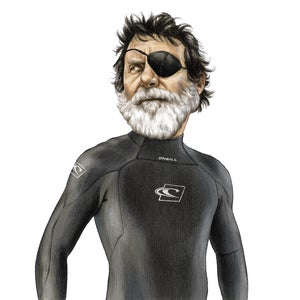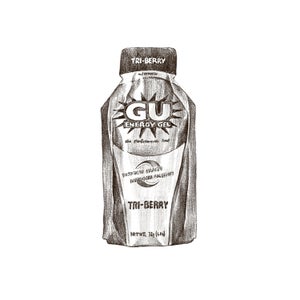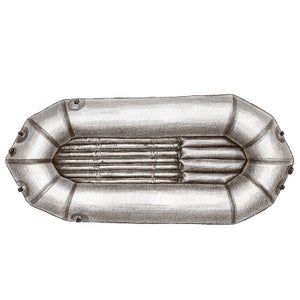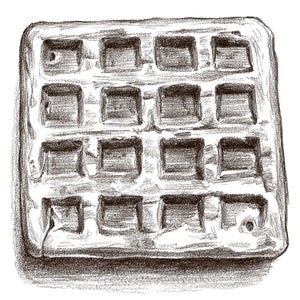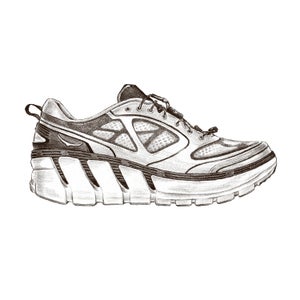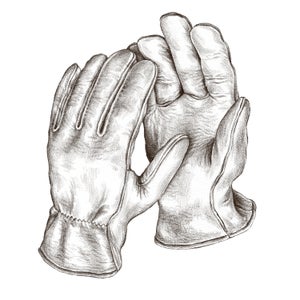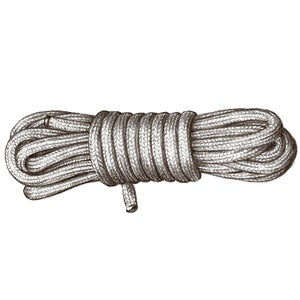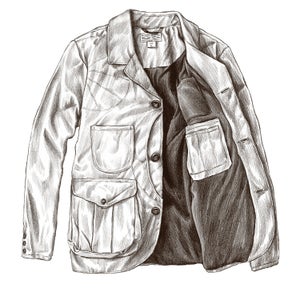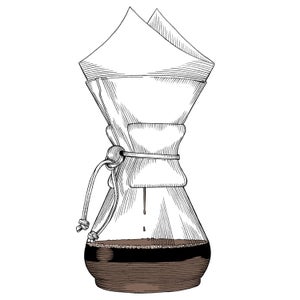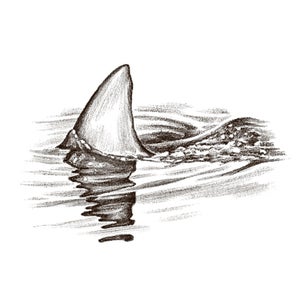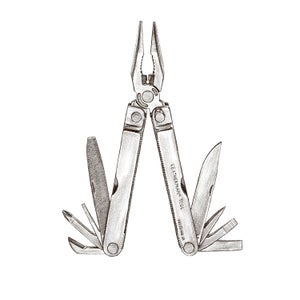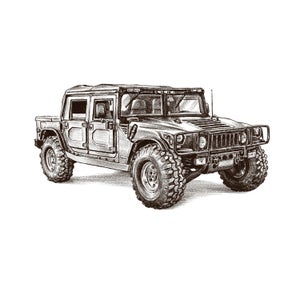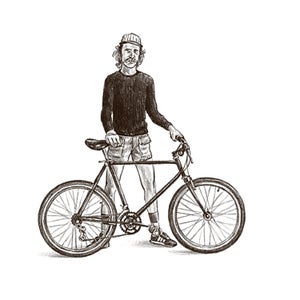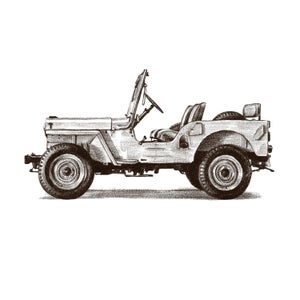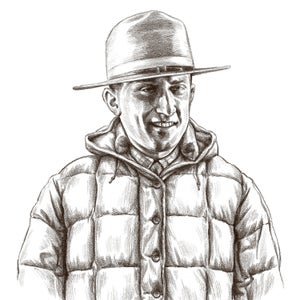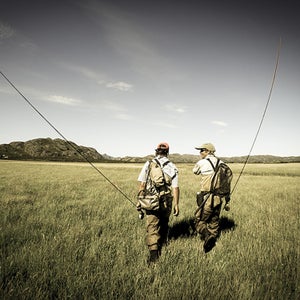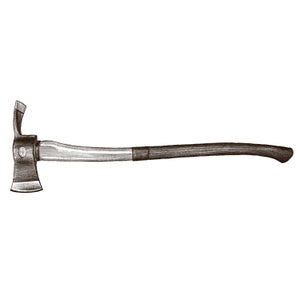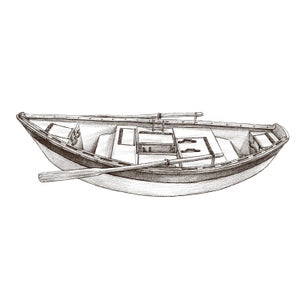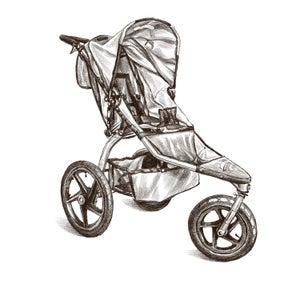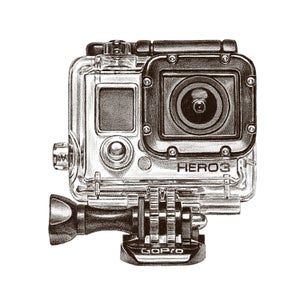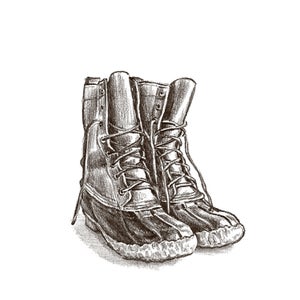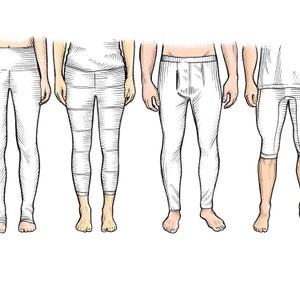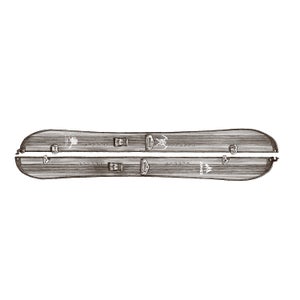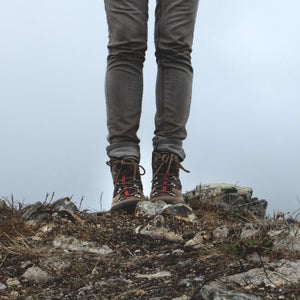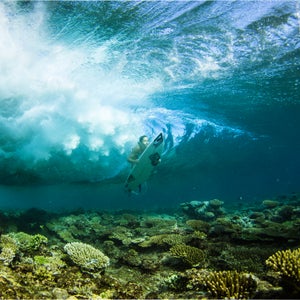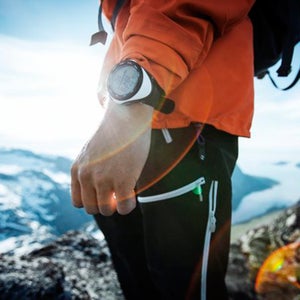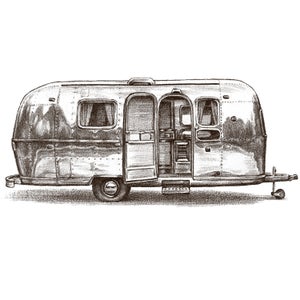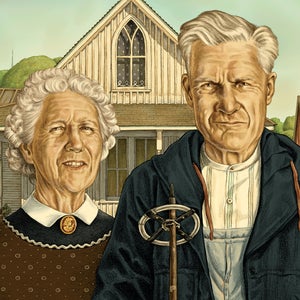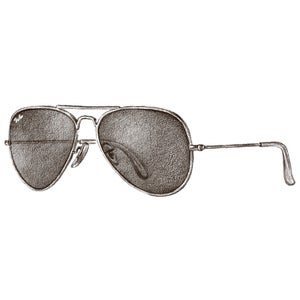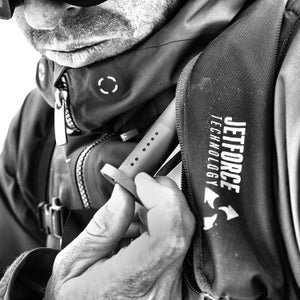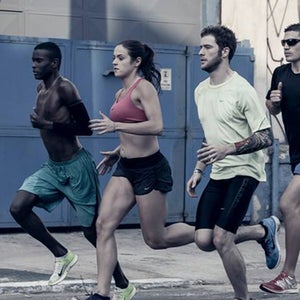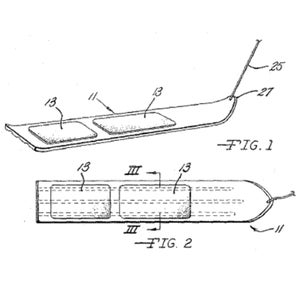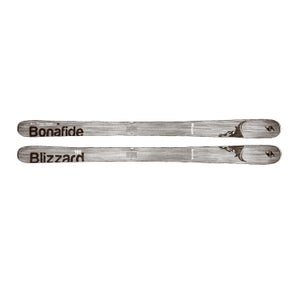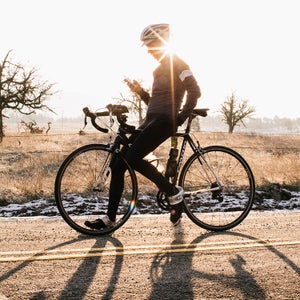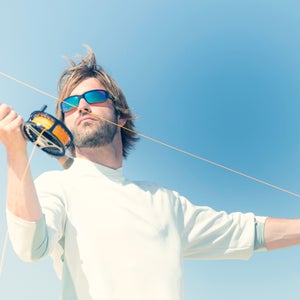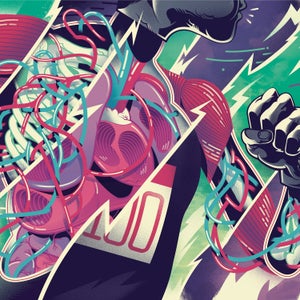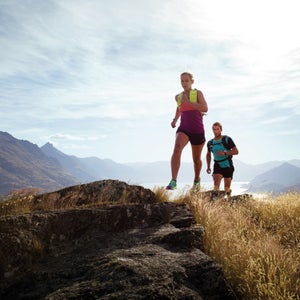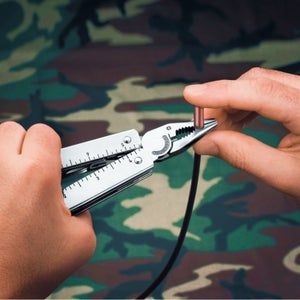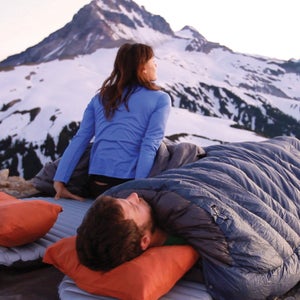Everything
From the Sierra Club: The best way we have of maintaining recreation areas across the country is in danger of being cut off entirely.
The raw materials that make up the tools for hiking, running, paddling, skiing, and cycling. These 36 building blocks are indispensable to the design and function of gear, from mankind’s first wool layer to the latest lab-born membranes. (Some things just look better in print. To see this in all…
You can now use clipless pedals with sneakers when you want to ditch your bike shoes
Works on suspension system
Great whites known to roam the area
Fourth American ever with first-place finish
British team conquers Greenland route
From beer to bourbon, here’s how to cut loose (safely) while camping
A tubeless tire tool that will fix holes too big for sealant
Washing a single polyester jacket can send 1,900 tiny synthetic micro-fibers into waterways, where they can soak up toxins and get eaten by fish. So what is the outdoor industry doing about it?
Duluth pack: A heavy canvas rucksack, patented in 1882 by French Canadian Camille Poirier in Duluth, Minnesota, along the shores of Lake Superior.
To be an outlier in any sport now carries with it the taint of suspicion, but no matter how you put it, last weekend’s track meet in the tiny Mediterranean country is one for the books.
And how it's going to change the way you see all of your stuff
Blake Mycoskie: A 38-year-old philanthropist and entrepreneur who founded Toms Shoes (originally Shoes for a Better Tomorrow) in 2006.
A rapid sequence of radical innovations, such as appeared in cycling between 1984 and 1987, the sport’s Age of Enlightenment.
Nalgene bottle: A durable, wide-mouthed vessel originally designed to hold chemicals.
Double Vacuum: A technology dating back to 1892 that suspends one container inside another, leaving a small amount of air between the two to insulate the inner contents from external temperature changes.
Vasque Sundowner: A svelte hiking boot that serves as a testament to how well-made products can endure despite evolving design trends.
Gatorade: A sports drink formulated in 1965 for the University of Florida Gators football team and currently produced by PepsiCo.
Velcro: A two-piece fastening material that features hooks on one side and a swath of loops on the other.
Jack O’Neill: A former commercial fisherman widely credited with inventing the neoprene wetsuit.
Garmin Forerunner 201: The world’s first all-in-one GPS-enabled running watch, released in 2003 by Kansas navigation company Garmin.
Vibram: A vulcanized-rubber sole that revolutionized footwear.
Gel: A sugary fuel used during races and serious training, typically packed into sealed foil pouches.
Pack Raft: A small inflatable raft that can be rolled up to fit in a backpack.
Waffle: A repeating inverted cube shape adopted by sporting-goods manufacturers, beginning with Nike, which used the pattern on the sole of its iconic waffle trainer.
Fat shoes: Shoes with roughly 20 millimeters of foam underfoot
Elk Skin Gloves: Hand protection made from the skin of the great wapiti.
P-cord: Parachute cord, also known as paracord, the world’s most versatile survival tool.
Westfalia: A breed of Volkswagen camper van prone to expensive repairs, yet beloved by those who own them and coveted by road-trip dreamers everywhere.
Portaledge: A collapsible sleeping platform for climbers.
Dutch Oven: A large cast-iron pot and the campfire cooking vessel of choice for pioneers, cowboys, and river guides.
Pour-Over Coffee: A method of brewing coffee by passing near boiling water through grounds held in a paper filter.
Surfboard Fin: A structural element, usually made of wood or fiberglass, attached to the bottom of a surfboard to aid maneuverability.
Leatherman: A multitool invented by Tim Leatherman after wishing he had a pair of pliers while working on a rust-bucket Fiat with a pocket knife during a 1975 European road trip.
Hummer: The civilian version of the military’s Humvee off-road vehicle, which was produced by AM General from 1992 to 2006.
Gary Fisher: A major figure in the development of mountain bikes.
Jeep: A four-wheel-drive vehicle first produced for the U.S. Army during World War II.
Puffy: A lightweight jacket insulated with duck or goose down or synthetic fill.
Little Things: Those items that mark the difference between a miserable experience and a joyous one—pit zips on jackets being a prime example.
Fly rod: A skinny stick, usually 6 to 13 feet long, used in conjunction with a reel, a line, and hand-tied simulations of in-sects to catch fish.
Pulaski: A wildland-firefighting tool that combines an ax and an adze and is used to clear brush and small trees.
How a humble wooden fishing craft became the quintessential Grand Canyon ride
Jogging Stroller: A stroller that allows parents to run and, theoretically, get their toddlers to nap.
Sick Footie: A visual recording worth replaying for others.
Lumbersexual: A fashion-conscious male urbanite whose clothing and accessories project an aura of rugged manliness.
Lululemon: A yoga-apparel brand founded by Canadian entrepreneur Chip Wilson in 1998.
Doug Tompkins: Businessman and crusading conservationist who cofounded the North Face and Esprit.
Jeremy Jones: A pioneering big-mountain snowboarder and snowboard designer.
Lifetime Warranty: A company’s promise to repair or replace an item that breaks.
Wetsuit: An insulating garment that allows individuals to spend more time in cold water.
Backcountry.com: Online retailer of a wide range of outdoor gear.
The original American road-trip trailer, designed in 1931 by Wally Byam, was inspired by Charles Lindbergh’s Spirit of St. Louis.
Founders of the Recreational Equipment Co-op (REI), which the couple started in their West Seattle home in 1938 as a way to help climber friends gain access to cheaper ice axes and harnesses by ordering bulk gear from Europe.
Recall: A request by a manufacturer, and usually the U.S. Consumer Product Safety Commission (CPSC), to return a product after the discovery of safety issues.
Sunglasses designed to protect a pilot’s eyes against high-altitude sun.
A category of gear that came into being in the late 1960s as more and more skiers ventured beyond resort boundaries.
The surprising tendency for technical products and trends from the outdoor world to find their way into mass culture.
Repurposing: Taking a product and adapting it for a different use.
Fat Skis: Skis that are at least 115 millimeters underfoot.
Catalog: A magazine-like print presentation of a company’s or retailer’s products.
Polarization: A lens technology that cuts glare created when light reflects off materials like plastic and glass.
For some, an ultramarathon can be close to a religious experience. For all, it will undoubtedly be one of the most ridiculous things you can put your body through, as evidenced by our organ-by-organ breakdown.
Odor Control: The relentless attempt by apparel makers to tame human stink.
Mountain House: Maker of 33 varieties of tasty freeze-dried meals packaged in polyester, aluminum, and nylon pouches.
Kite: A lightweight aircraft—often erroneously considered a toy—propelled by the wind and controlled by a user on the ground via a line or set of lines.
Swiss Army Knife: The world’s first consumer multitool, designed by cutler Karl Elsener with two blades, a screwdriver, and a can opener.
Therm-a-Rest: The first mass-market inflatable sleeping pad.




